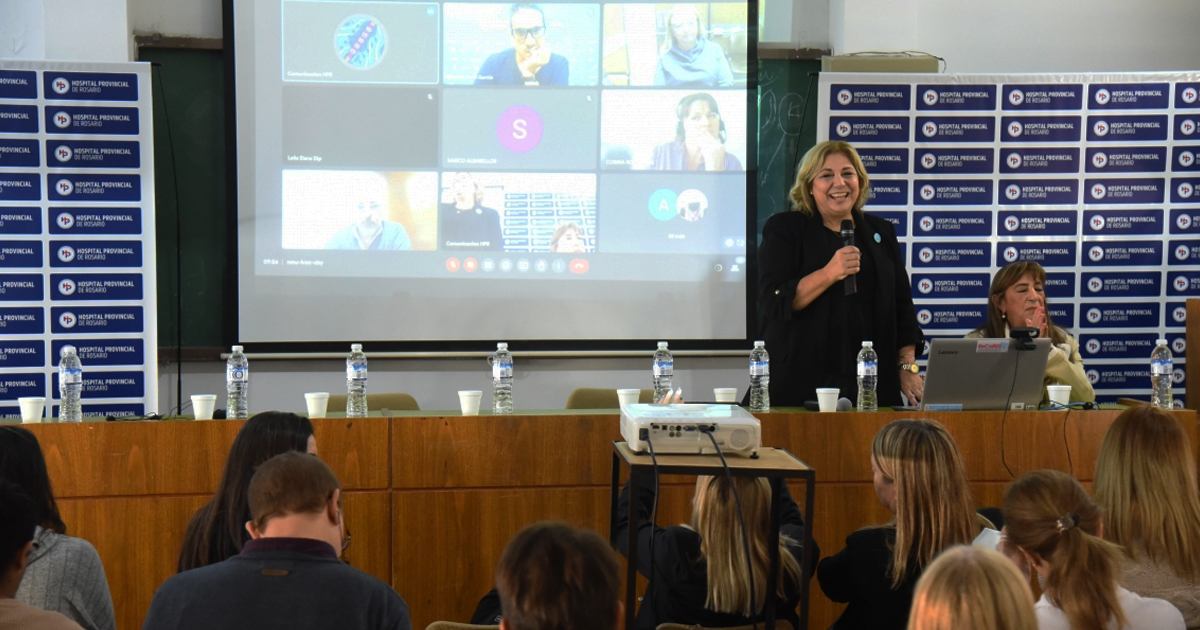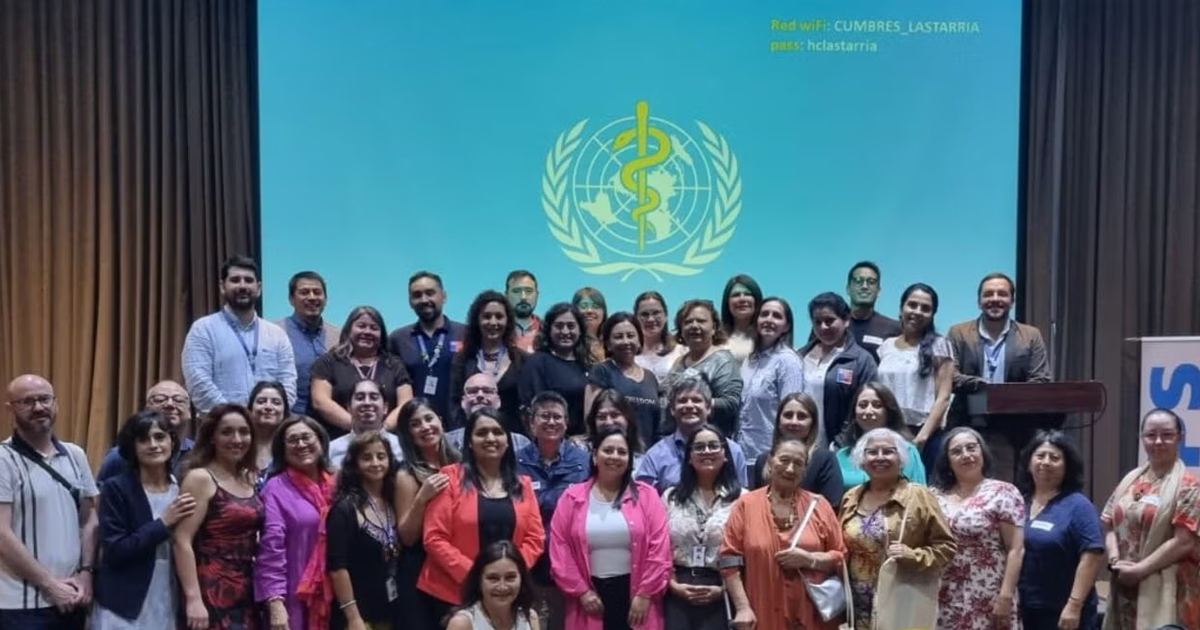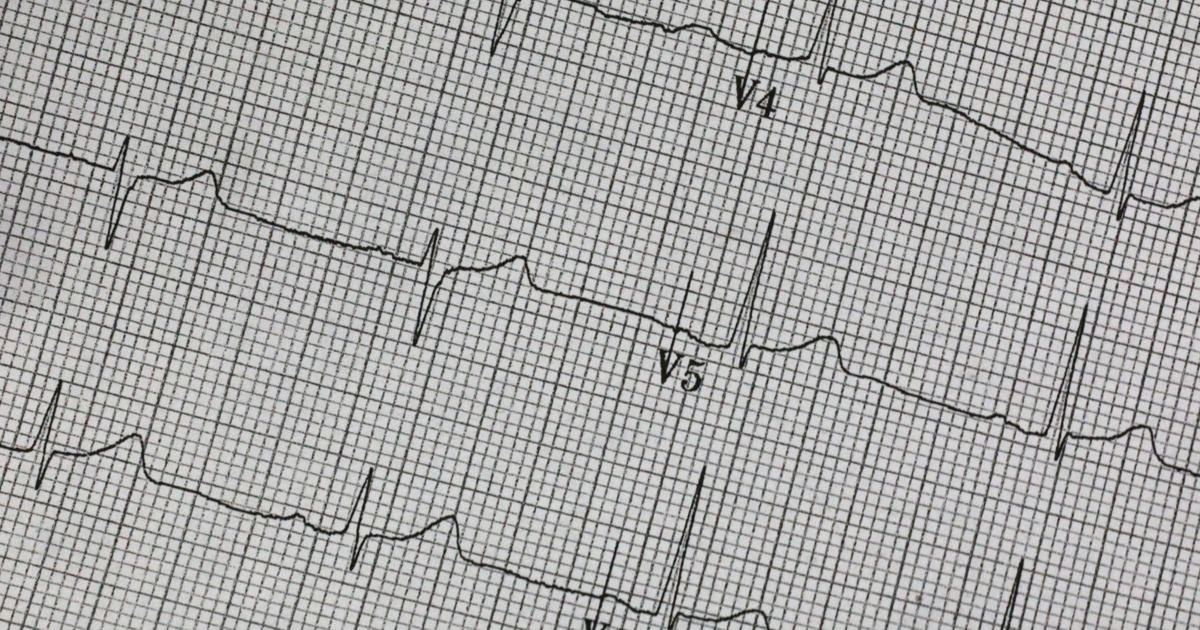Mayo Clinic acordó una colaboración de diez años con Mercy un sistema de salud que cuenta con más de 2 mil 700 médicos y especialistas en cuatro estados de EE.UU.
Mercy es un sistema de salud con sede en Estados Unidos, que cuenta con un equipo de más de 2 mil 100 médicos de atención primaria y 600 especialistas, para ofrecer servicios en más de 300 establecimientos a lo largo de cuatro estados. Mercy acordó recientemente la firma de una colaboración de diez años con Mayo Clinic uno de los sistemas de salud más importantes en Estados Unidos.
Cabe destacar que, Mayo y Mercy fueron los primeros sistemas de salud en adoptar los registros de salud electrónicos integrados y por más de diez años han recopilado grandes cantidades de información sobre tratamientos y datos clínicos.
Esta colaboración, que además es la primera entre dos grandes sistemas de salud tiene como objetivo utilizar la ciencia de datos para mejorar los resultados de los pacientes y poder diagnosticar enfermedades de forma temprana.
“Esta colaboración única eliminará las barreras a la innovación en el cuidado de la salud al reunir datos y experiencia humana a través de una nueva forma de trabajar juntos”, explicó el Dr. John Halamka, presidente de Mayo Clinic Platform. Además, enfatizó en que el trabajo colaborativo propiciará mejores y nuevos tratamientos y diagnósticos que podrán transformar la medicina a nivel global.

Recientemente ambos sistemas iniciaron un proceso de digitalización para estructurar sus bases de datos. A través de tecnologías basadas en la nube, estándares de seguridad y aplicación de Artificial Intelligence, los datos clínicos ahora pueden generar patrones para identificar enfermedades y mejores opciones de tratamiento.
“Esto brinda a los médicos, proveedores y líderes operativos información crítica que puede garantizar que los pacientes reciban el tratamiento correcto en el momento correcto en función de millones de resultados de pacientes anteriores, al mismo tiempo que mejora la eficiencia operativa y reduce los costos. Creemos que llevar la tecnología y la ciencia de datos al lado de la cama puede brindar una mejor atención al paciente, estadías más cortas en el hospital y, en general, una mejor salud para las personas en todas partes”, explicó el Dr. John Mohart, cardiólogo y presidente de las comunidades de Mercy.
Según explica Mayo Clinic en su comunicado la colaboración se enfocará inicialmente en:
- Colaboración de la información: todos los datos se des identifican y protegen en una red de datos distribuidos que permite a Mayo y Mercy trabajar con un amplio conjunto de resultados sin extraer ni transferir datos entre las organizaciones.
- Desarrollo y validación de soluciones y algoritmos: los algoritmos resultantes proporcionarán rutas de tratamiento comprobadas basadas en años de resultados de pacientes, lo que representa la próxima generación de medicina proactiva y predictiva.
“Con la combinación de esfuerzos de Mayo y Mercy, podemos acelerar la predicción y el diagnóstico, y brindar una mejor atención, experiencia y resultados a los pacientes, y al mismo tiempo salvar más vidas”, concluyó Steve Mackin, director ejecutivo de Mercy.







